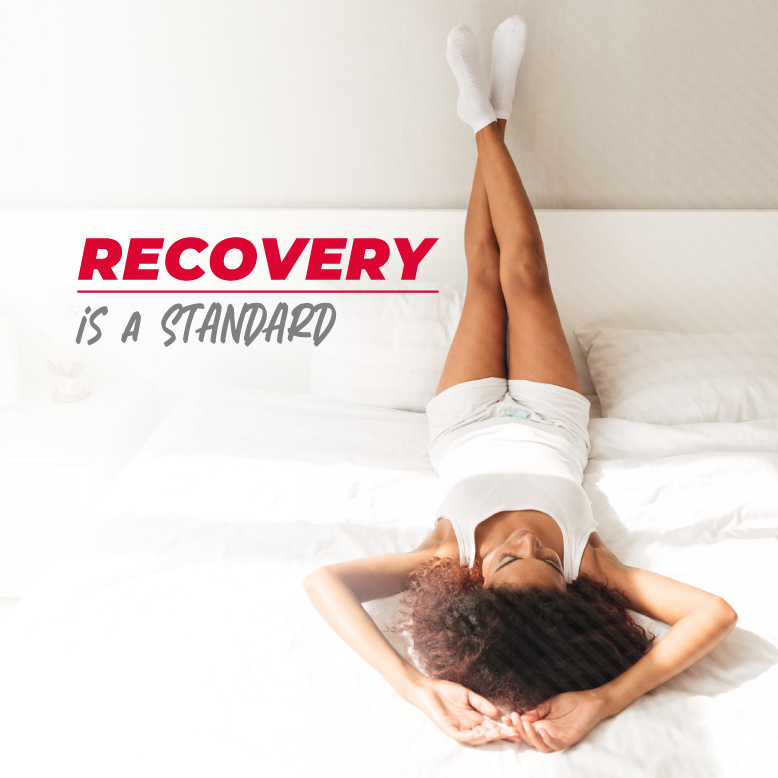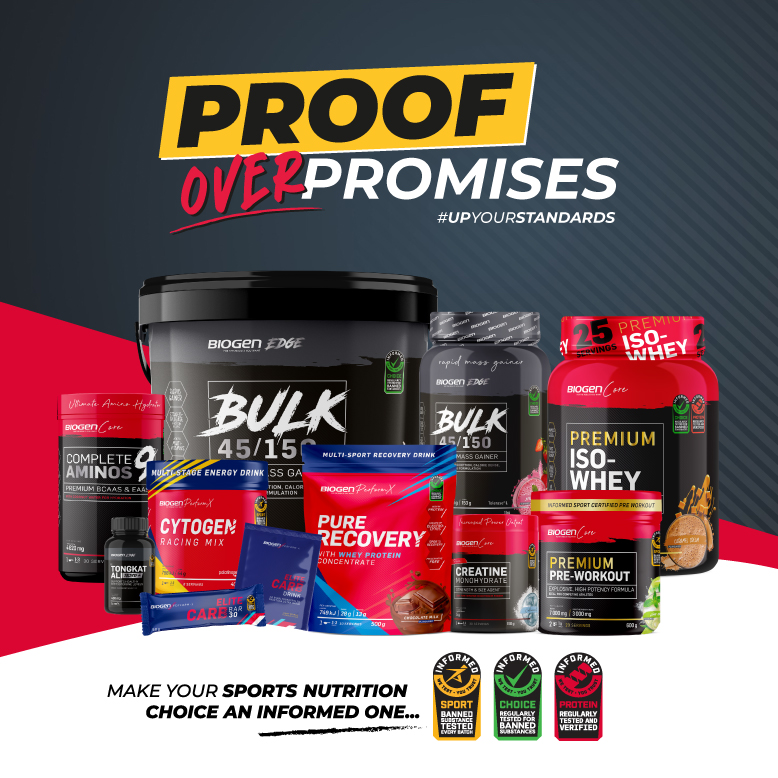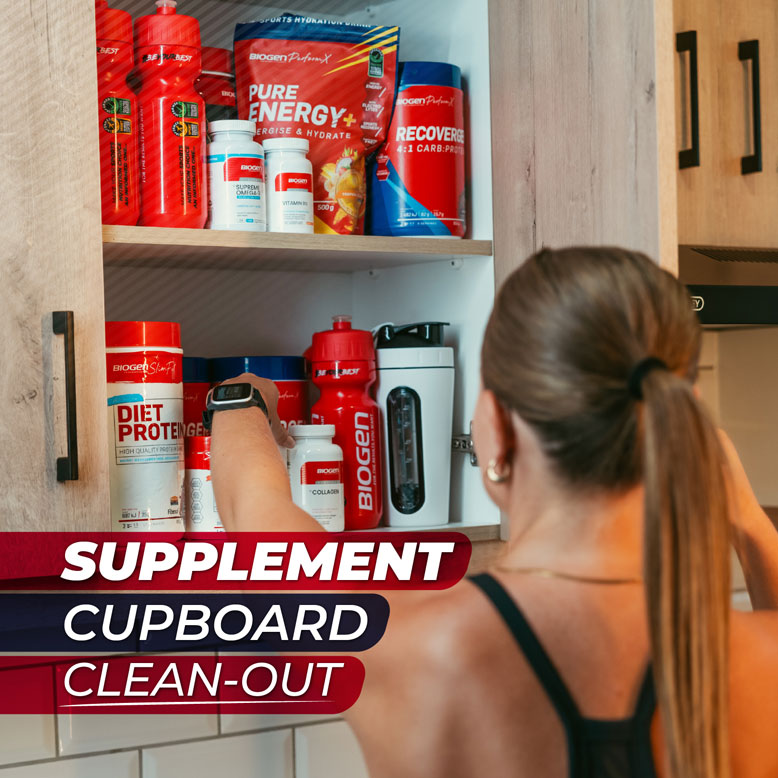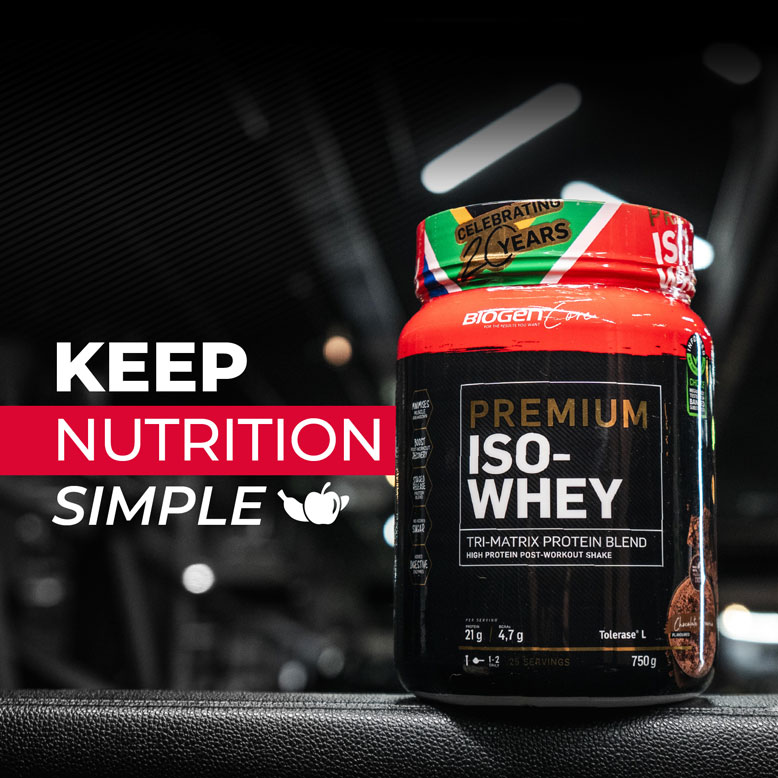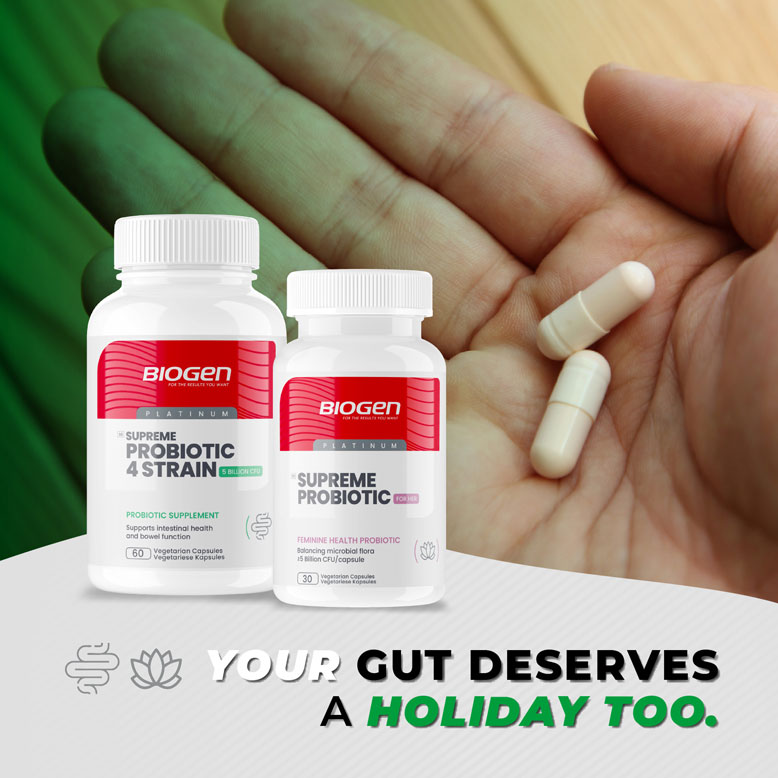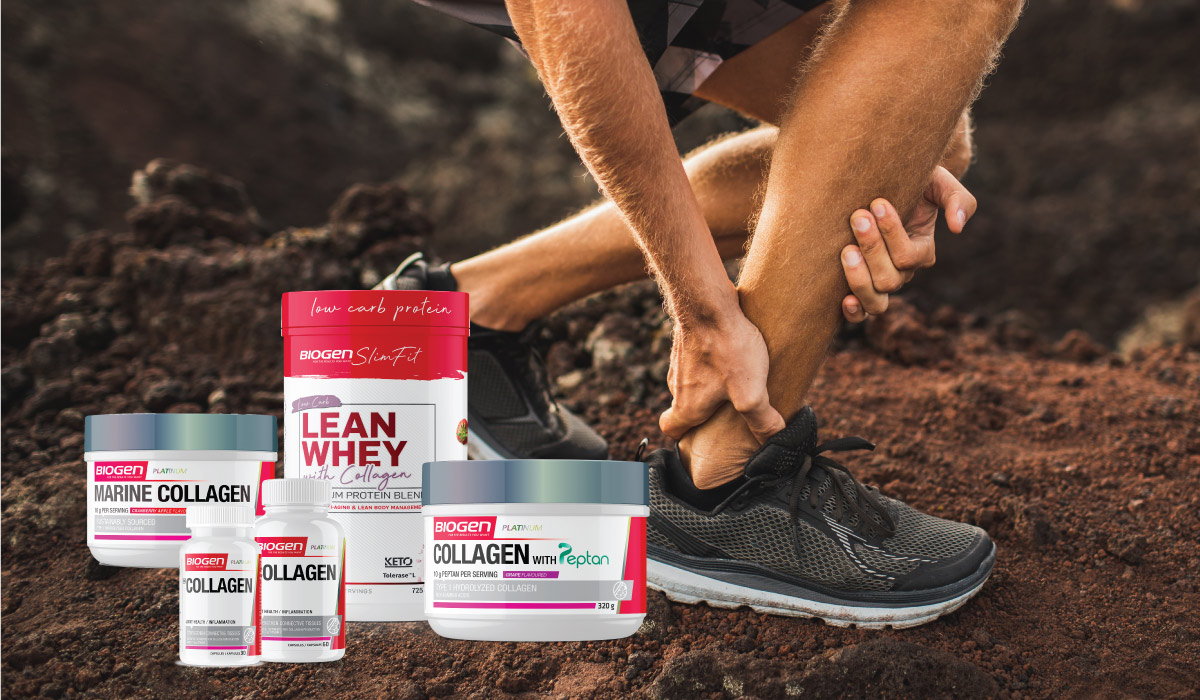
Most active individuals will know the devastating effects that chronic tendonitis and ligament injuries can have on your training and racing.
These issues are most common in those who engage in high impact, high volume, intense or repetitive activities like running, cycling or CrossFit.
Tissue Breakdown
While traumatic tendon injuries can occur from falls or direct impact, most issues arise from overuse. This happens because both training and racing cause micro-trauma to our muscles, tendons and ligaments.
While tendons are made of a tough, fibrous substance called collagen, which is a robust tissue that can withstand significant force and tension, without adequate recovery in the face of continued damage, these structures degrade and weaken over time.
It is only through adequate rest and recovery, proper nutrition and intelligent supplementation that these soft tissues adapt and become stronger and more resilient during the repair process.
Cumulative Damage
Get this balance wrong and the damage can rapidly outpace our body’s ability to repair and restore these tissues to full health.
Add to the mix biomechanical issues like misaligned joints or muscle strength imbalances, and damage to tendons and ligaments can accumulate at a faster pace, often resulting in that dreaded chronic tendonitis or, worse, tears.
A major contributing factor to this cumulative damage is the lack of blood flow to tendons and ligaments, which makes it difficult for nutrients to reach these structures.
If you develop tendonitis or experience a low-grade tear or rupture, recovery can take significantly longer than a similar muscle injury due to poor blood flow to the area. It, therefore, pays to take a proactive approach to connective tissue health and injury prevention.
Collagen to the rescue
Adding well-formulated collagen supplements to your nutrition plan is a sensible first step. These products increase your intake of the structural proteins that make up tendons.
Collagen also contains the amino acids proline and glycine, which are natural anti-inflammatories and powerful immune system boosters.
However, it can be difficult to get sufficient collagen from our diet because the main sources are animal bones, tendons and connective tissues, which few people cook with or eat.
Tendon supplement stack
As such, powdered collagen supplements offer an ideal solution. Scientific evidence supports the use of supplemental collagen, among other compounds such as calcium, glucosamine sulphate, chondroitin sulphate and MSM, to help regenerate connective tissue like tendons and protect joints.
Hydrolysed collagen is often the most suitable product because its amino acid peptides are easily transported in the blood and absorbed to produce new, healthy tendons (and bone and skin tissue).


